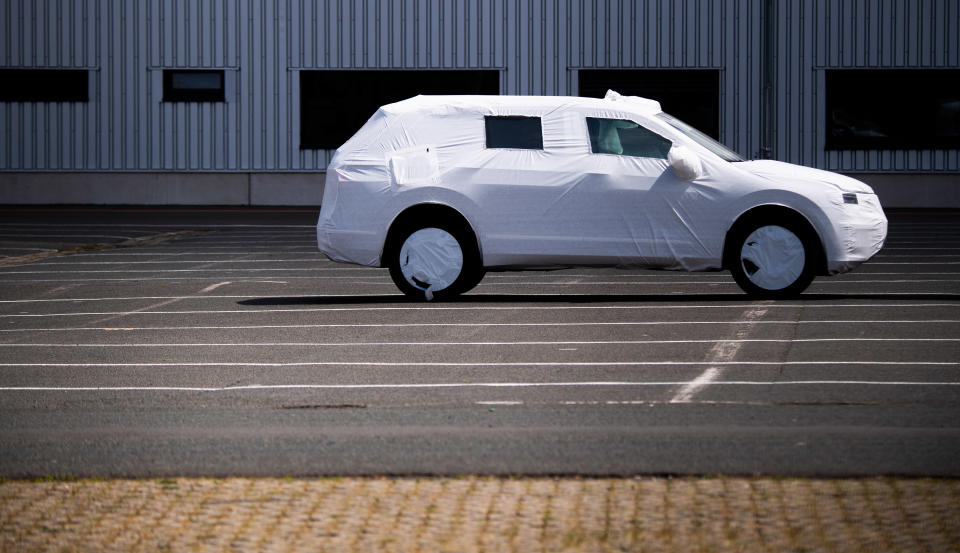New car sales in the European Union plunge over 50% in May

New car registrations across the European Union plunged by a little over 52% in May from the same month in 2019, despite lockdowns easing in many EU member states and showrooms being able to open again.
The sharp drop highlights the huge lack of consumer demand that carmakers across the continent must now face, even as they try to ramp up their plants after shutdowns.
According to the latest data from the European Automobile Manufacturers Association, 581,161 new cars were sold across the EU last month, compared to 1,217,259 in May 2019. However, the decline was not as drastic as the 78.3% drop seen in April.
None of the 27 EU markets escaped a double-digit sale slump, but Spain was the worst hit, with sales down nearly 73%, followed by France, where Peugeot (UG.PA), Citroen and Opel all saw sales drop by around 56%.
In automotive-nation Germany, new car sales were 50% less than May 2019. Volkswagen (VOW.DE), BMW (BMW.DE), and Daimler (DAI.DE) sales halved in May compared to the same month in 2019.
Registrations were even more grim in the UK last month, with new car sales down by a massive 89%.
READ MORE: Renault gets €5bn government-backed loan
In the first five months of this year, sales across the EU contracted by over 41%, equivalent to 3.3 million passenger cars.
The German, French, and Spanish governments have all recently announced fiscal stimulus packages for their national automotive sectors, most of them putting the rescue money behind a push towards fully-electric and hybrid motors.
French president Emmanuel Macron announced an €8bn (£7.2bn, $9bn) financial aid package at the end of May to support France’s automotive industry, with the emphasis on driving e-car sales. “We need to not only save the industry, but to transform it,” Macron said.
In Germany, the government opted to increase buyer premiums for clean-energy vehicles, and not to fund a cash-for-clunkers programme or offer buyer discounts for internal-combustion-engine cars. The decision has displeased many in the industry.
Ferdinand Dudenhöffer, director of the CAR Centre for Automotive Research in Duisburg, Germany, told Yahoo Finance UK this week that the drop in car production could put 100,000 jobs at risk in Germany over the next three-to-four years. He said that subsidising the electric-car market is not enough to stop the slump, as it only represents at most 10% of the whole German auto market.
READ MORE: Record slump in German car production could put 100,000 jobs at risk
“Liquidity support and prolonged short-time work schemes are measures that delay death but do not bring the solution,” Dudenhöffer said. “The solution is consumers who buy products that can be produced today.”
“With the so-called stimulus package, we are only falling deeper into the crisis, because debt will increase without stimulus,” he added.

 Yahoo Finance
Yahoo Finance 